Jiu-Jitsu Start at What Age and Why? A Comprehensive Guide
Brazilian Jiu-Jitsu (BJJ) is a martial art focused on grappling and ground fighting, designed to enable practitioners to control and submit opponents through leverage and technique rather than brute strength. Originating from the Japanese martial art of Jiu-Jitsu and refined in Brazil, BJJ emphasizes the effectiveness of techniques regardless of size or strength, making it accessible and beneficial to practitioners of all ages. For those wondering, “Jiu-Jitsu start at what age?” BJJ offers a flexible entry point, allowing individuals to begin their journey at various stages of life.
The significance of early training in BJJ extends beyond the development of self-defense skills. Starting martial arts at a young age can profoundly impact a child’s physical and mental growth. Early engagement in BJJ helps children build fundamental skills such as coordination, balance, and flexibility, while also instilling important values like discipline, respect, and perseverance. These skills and values not only enhance their martial arts experience but also translate into other areas of their lives, including academic and social environments.
The purpose of this guide is to address a common question among parents and prospective students: “What age should you start Jiu-Jitsu and why?” By exploring the ideal age to begin BJJ training, this guide will highlight the numerous benefits of starting early and offer insights into selecting the most suitable program for young learners. Through a comprehensive analysis, we aim to provide valuable information to help you make an informed decision about introducing Jiu-Jitsu into your child’s life, ensuring they receive the most enriching experience possible.
The Ideal Age to Start Jiu-Jitsu
Early Beginnings: Age 4 and Up
Brazilian Jiu-Jitsu (BJJ) is a versatile martial art that can be introduced to children as young as four years old. At this developmental stage, children typically possess sufficient motor skills and coordination to begin grasping basic BJJ concepts. By age four, most children have achieved the necessary physical and cognitive milestones to engage in structured activities. They can follow simple instructions, participate in group activities, and understand basic concepts of balance and movement.
Starting Jiu-Jitsu at this early age offers numerous benefits. Young children are naturally curious and energetic, traits that align well with the dynamic nature of martial arts. BJJ provides an outlet for their energy and helps channel it into productive and disciplined practice. Additionally, the physical activities involved in BJJ, such as rolling and basic grappling techniques, contribute to the development of strength, flexibility, and coordination, which are essential for overall physical health.
Programs for Young Children
Many BJJ gyms offer specialized programs designed for young children, often referred to as “Little Ninjas” or “Tiny Tots” classes. These programs are tailored to suit the developmental needs of young learners. The curriculum for these classes typically includes age-appropriate techniques and engaging activities that are designed to capture the children’s attention and make learning enjoyable.
In “Little Ninjas” or “Tiny Tots” classes, the focus is on creating a fun and interactive environment where children can learn basic Jiu-Jitsu techniques through games and playful exercises. The emphasis is on building fundamental skills such as balance, coordination, and teamwork, rather than on competitive aspects of the sport. These classes are structured to promote motor development while ensuring that the training is accessible and enjoyable for young children. Instructors are trained to deliver instruction in a way that resonates with the cognitive and emotional needs of this age group, using positive reinforcement and encouragement to foster a love for martial arts.
Factors Influencing Readiness
While age is a general guideline for starting Jiu-Jitsu, readiness can vary significantly among individual children. Each child develops at their own pace, and factors such as physical coordination, attention span, and emotional maturity play a crucial role in determining whether they are ready for martial arts training.
It is important for parents to assess their child’s readiness by considering these developmental factors. Some children may thrive in a structured class environment at a younger age, while others may benefit from waiting until they are a bit older. Observing a child’s behavior in various settings, such as their ability to follow directions, interact with peers, and engage in physical activities, can provide valuable insights into their readiness for Jiu-Jitsu.
Consulting with experienced instructors can also help in making an informed decision. Instructors who specialize in teaching young children can offer guidance on whether a child is ready to start and can suggest appropriate classes based on the child’s developmental stage. By considering these individual differences and assessing each child’s readiness, parents can ensure that their child begins their Jiu-Jitsu journey at a time that will be both enjoyable and beneficial for their growth.
The Benefits of Starting Jiu-Jitsu Early
Physical Benefits
Improved Physical Fitness
Starting Brazilian Jiu-Jitsu (BJJ) at a young age significantly enhances physical fitness. BJJ training involves a range of activities that contribute to the development of strength, flexibility, and balance. These components are crucial for overall health and well-being. For instance, regular practice helps build muscle strength through various grappling techniques and drills that involve lifting, pulling, and pushing. Flexibility is improved through dynamic stretching and the execution of BJJ moves that require a wide range of motion. Balance is also a key element of BJJ, as students learn to maintain stability during complex movements and transitions. Collectively, these physical improvements foster a healthier lifestyle and promote better physical fitness.
Coordination and Motor Skills
BJJ training enhances coordination and motor skills, which are essential for young children. The art involves intricate movements and techniques that require precise coordination between different body parts. For example, executing a proper roll or transitioning between different positions demands a high level of coordination. Through regular practice, children develop improved hand-eye coordination, spatial awareness, and overall motor skill proficiency. These skills not only benefit their performance in martial arts but also translate into other activities, such as sports and daily tasks, helping them to function more effectively and confidently in various environments.
Mental and Emotional Benefits
Enhanced Focus and Discipline
BJJ requires a high degree of concentration and self-discipline. The art involves learning and mastering complex techniques, which necessitates focus and persistence. Children who train in BJJ develop the ability to concentrate on tasks and follow detailed instructions, skills that are transferable to academic settings and other aspects of life. This enhanced focus often leads to improved performance in school and a greater capacity for problem-solving and critical thinking. Additionally, the discipline cultivated through consistent practice helps children develop a strong work ethic and perseverance, traits that benefit them in all areas of their lives.
Increased Self-Confidence
As children progress in their BJJ training, they experience a boost in self-confidence. The sense of accomplishment that comes from mastering new techniques and achieving goals in martial arts contributes to improved self-esteem. BJJ training often involves overcoming challenges and pushing oneself beyond perceived limits, which fosters a strong sense of personal achievement. This increased self-confidence can positively impact other areas of a child’s life, including their interactions with peers, participation in extracurricular activities, and overall outlook on personal abilities.
Social Benefits
Development of Social Skills
BJJ classes provide a supportive environment for children to interact with their peers. The collaborative nature of martial arts training fosters teamwork, cooperation, and effective communication. Children learn to work together during drills and exercises, which helps them develop essential social skills. The structured environment of BJJ classes encourages positive interactions, respect for others, and the ability to resolve conflicts constructively. These social skills are valuable both within the martial arts community and in broader social settings, contributing to well-rounded personal development.
Reduction in Aggression
Research has shown that martial arts training, including BJJ, can lead to a reduction in aggressive behavior. The discipline and focus required in BJJ help children channel their energy in a positive direction. The practice of martial arts teaches self-control and respect, which can mitigate aggressive tendencies. By providing an outlet for physical activity and teaching conflict resolution skills, BJJ helps children manage their emotions and interactions more effectively. This reduction in aggression not only improves behavior but also contributes to a more harmonious social environment for both the child and their peers.
Finding the Right Jiu-Jitsu Program for Your Child
Evaluating Class Structure and Curriculum
When selecting a Brazilian Jiu-Jitsu (BJJ) program for your child, evaluating the class structure and curriculum is essential. Age-appropriate instruction is crucial for ensuring that children engage with the material in a way that matches their developmental stage. Programs designed for young children typically include a curriculum tailored to their physical and cognitive abilities, featuring simple techniques and interactive activities that keep them motivated and engaged.
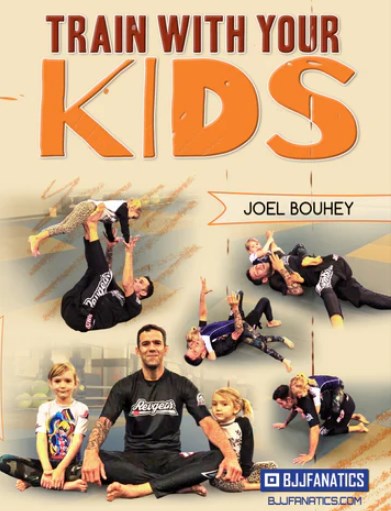
The focus of these classes should be on providing fun, skill-building activities while reinforcing core values such as respect, discipline, and perseverance. Age-appropriate classes often incorporate games and exercises that help children learn basic techniques through play, making the learning process enjoyable and effective. Emphasizing these core values helps instill positive character traits and encourages children to apply these lessons both on and off the mat.
Choosing Qualified Instructors
Choosing the right instructor is a critical component in finding the best Jiu-Jitsu program for your child. Assessing instructor qualifications involves several key criteria. First and foremost, instructors should have substantial experience in teaching children. They need to be adept at engaging with young learners and managing classroom dynamics effectively.
Certifications are another important consideration. Instructors should hold relevant certifications from recognized BJJ organizations, which validate their expertise and adherence to safety standards. Additionally, background checks are crucial to ensure that the instructors have a clean record and are trustworthy individuals who prioritize the safety and well-being of their students.
Ensuring Safe and Clean Facilities
Safety and cleanliness are paramount when selecting a BJJ program for your child. The facility’s maintenance plays a significant role in providing a secure training environment. A well-maintained gym ensures that equipment and mats are in good condition, reducing the risk of injuries. Regular cleaning schedules and proper hygiene practices are essential to prevent the spread of illnesses and maintain a healthy training space.
A clean and secure environment contributes to a positive training experience and supports overall well-being. It is advisable to visit the facility in person to assess the cleanliness of the training areas and observe the general maintenance practices.
Additional Considerations
In addition to class structure, instructor qualifications, and facility safety, several other factors should be considered when selecting a Jiu-Jitsu program for your child. Class size and the student-to-teacher ratio are important aspects to evaluate. Smaller class sizes generally allow for more personalized attention and better supervision, ensuring that each child receives the guidance they need to succeed.
Flexibility in class schedules is another important consideration. A program that offers a range of class times and days can accommodate busy family schedules and ensure consistent attendance. It is beneficial to find a program that offers multiple scheduling options to fit your child’s needs and preferences.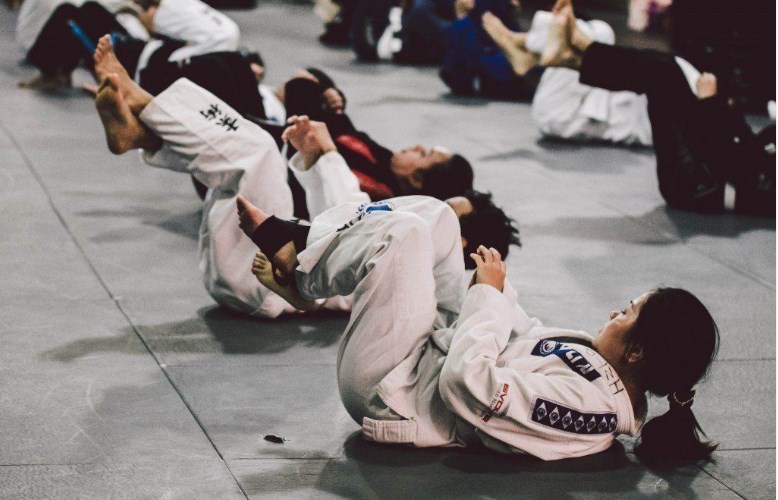
By carefully evaluating these factors, you can select a Jiu-Jitsu program that provides a positive, enriching experience for your child. Ensuring that the program meets high standards in instruction, safety, and overall quality will help your child thrive in their martial arts journey and gain the full range of benefits that BJJ has to offer.
Wrapping Up
Summary of Key Points
In this comprehensive guide, we have explored the essential aspects of starting Brazilian Jiu-Jitsu (BJJ) for children. The ideal age to begin Jiu-Jitsu is generally around four years old, as children at this stage have developed sufficient motor skills and coordination to participate in structured classes. Starting BJJ early provides numerous benefits, including improved physical fitness, enhanced coordination, and significant mental and emotional growth. The physical benefits include increased strength, flexibility, and balance, while the mental benefits encompass enhanced focus, discipline, and self-confidence. Socially, BJJ helps children develop teamwork, cooperation, and communication skills, while also reducing aggression.
Choosing the right Jiu-Jitsu program involves evaluating class structure and curriculum, selecting qualified instructors, ensuring safe and clean facilities, and considering additional factors such as class size and schedule flexibility. Programs tailored for young children should include age-appropriate techniques, engaging activities, and a focus on core values. Qualified instructors should possess relevant experience, certifications, and background checks, while a clean and well-maintained facility is crucial for safety and overall training experience.
Encouragement to Explore Jiu-Jitsu
The long-term benefits of starting Jiu-Jitsu at an early age are substantial, offering children a solid foundation for a lifelong engagement with martial arts. Early training not only enhances physical and mental attributes but also fosters valuable social skills that contribute to well-rounded personal development. Jiu-Jitsu provides a structured environment where children can grow, learn, and thrive, making it an excellent choice for families seeking to support their child’s growth and well-being.
We encourage you to explore Jiu-Jitsu as an enriching activity for your child. At Strong Heart Academy in Scottsdale, Arizona, we offer a range of children’s Jiu-Jitsu classes designed to provide a supportive and enjoyable learning environment. Our programs are crafted to meet the needs of young learners, promoting skill development, confidence, and a love for martial arts.
In conclusion, introducing Brazilian Jiu-Jitsu (BJJ) at an early age can offer profound benefits for children, from physical fitness and mental discipline to social skills and emotional growth. Starting Jiu-Jitsu around the age of four allows children to develop essential motor skills and coordination while engaging in age-appropriate activities that build a strong foundation for their future. The discipline, focus, and self-confidence gained through BJJ are invaluable assets that extend beyond the mats, positively influencing various aspects of a child’s life.
Finding the right Jiu-Jitsu program is crucial to ensuring a positive and enriching experience for your child. By selecting a program with a well-structured curriculum, qualified instructors, and a safe, clean environment, you set the stage for a successful and enjoyable martial arts journey. Consider factors such as class size, instructor qualifications, and program flexibility to make an informed decision that aligns with your child’s needs and interests.
If you’re wondering, “Jiu-Jitsu starts at what age?”, many programs, including those at Strong Heart Academy, offer classes for children as young as four years old. At Strong Heart Academy, we are dedicated to providing high-quality Jiu-Jitsu training that fosters growth, confidence, and a love for martial arts. We invite you to explore our programs and see how our classes can benefit your child. Contact us today to schedule a trial class and begin your child’s journey in Brazilian Jiu-Jitsu. Embrace the opportunity to support their development and watch them thrive as they embark on this rewarding path
Age -Jack Hibbs age of A Survivor’s Story of Redemption and Advocacy for Life
Breaking Down Exit Velocity by Age How BRUCE BOLT Enhances Performance with Exit-Velocity-by-Age Insights
Maximizing Your Exit Velo by Age A Comprehensive Guide to Improving Your Baseball Performance
Understanding the Legal Drinking Age Punta Cana Dominican Republic What You Need to Know
Do Edibles Make You Age Faster? A Comprehensive Look at the Long-Term Effects of Cannabis
Your Complete Guide to Safe & Legal Child Travel, Including Booster Seat Age Florida Requirements
Championing Transparency and National Security: The Inspiring Journey of PSVF Fellow Ana Bower and Anna Bower’s Age
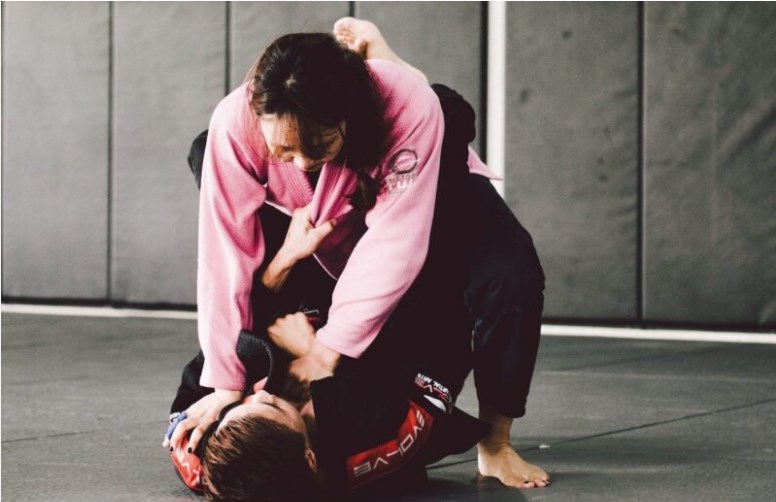
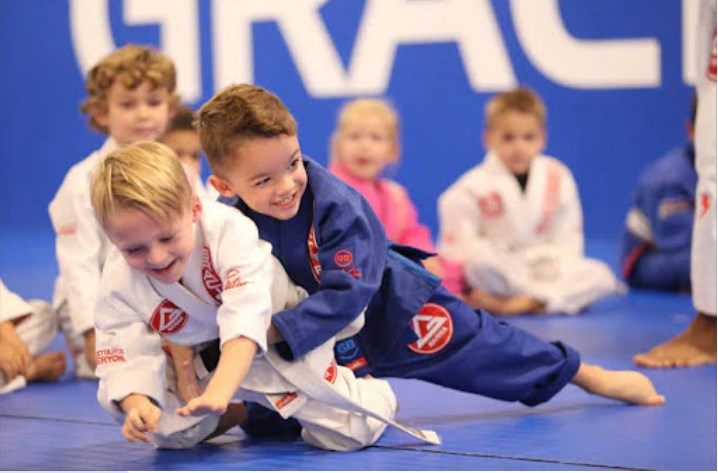
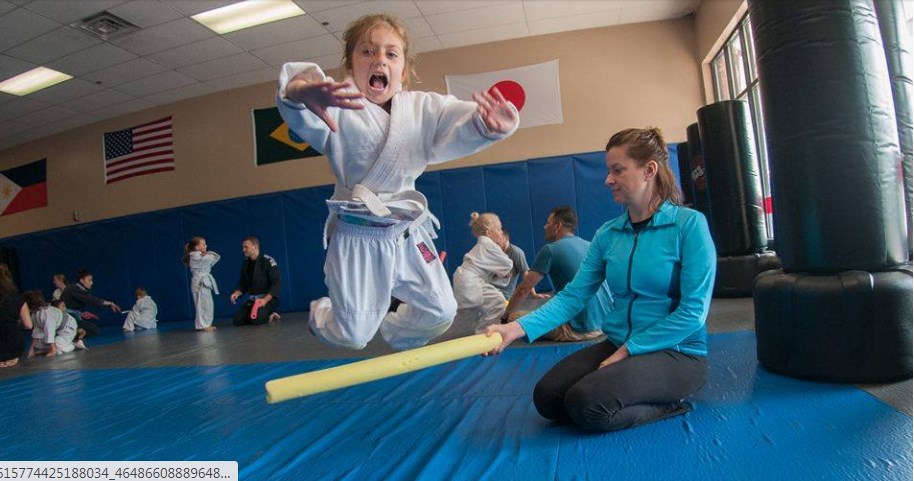
 | Sitemap | Mail
| Sitemap | Mail